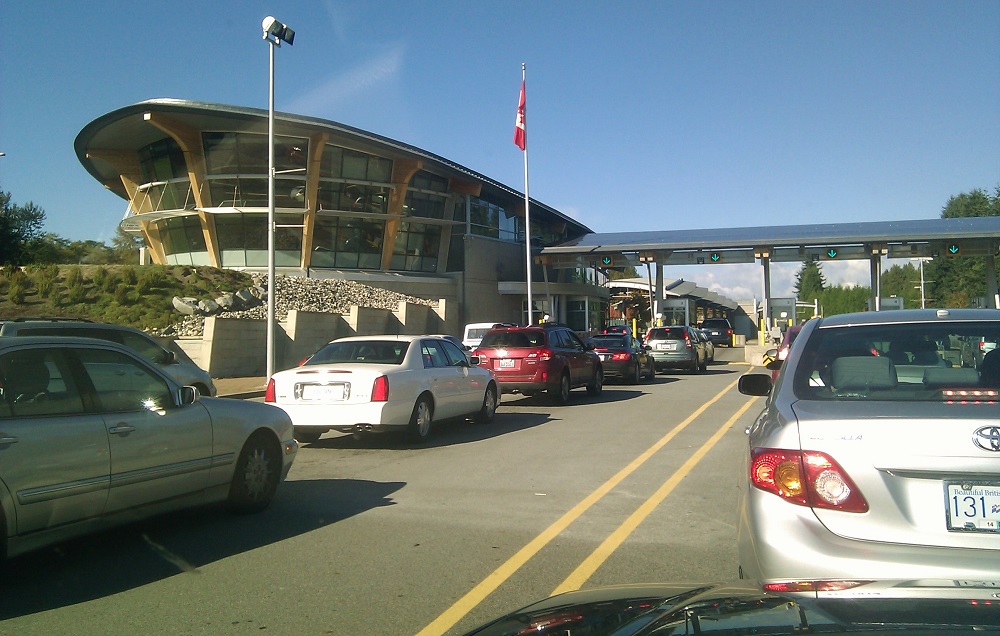U.S-based immigration lawyer Christine Jurusik’s annual trip to her family cottage in Haliburton was different than usual this year due to COVID-19.
Like many incoming from the states, her family was placed into a two-week quarantine, which they stayed in for the duration of their stay. Officials also kept in regular contact with her family to ensure their well-being. But as Canadian citizens, her family was able to cross the restricted border without issue and Jurusik said it was worthwhile.
“For recreation and to take care of things that needed to be taken care of,” Jurusik said. “It was wonderful, the weather was perfect. We just enjoyed the outdoors, kept to ourselves. We didn’t interact with many people at all.”
The surge of COVID cases in the United States has generated concern about U.S. travellers to cottage country. The Eastern Ontario Warden’s Caucus (EOWC) has written a letter to the prime minister voicing support for continued border restrictions. County council also considered the issue July 22, though opted against it given the EOWC letter. Highlands East council voted July 21 to prepare a letter asking the border stay restricted until U.S. COVID cases are better controlled.
“There had been some concerns raised about the amount of traffic coming in from the states into the County,” Warden Liz Danielsen said.
Coun. Carol Moffatt said Algonquin Highlands has denied some requests for assistance – including an ask to lobby the federal government – from U.S. cottagers unable to come. Moffatt said support for border restrictions is widespread, but it is important to recognize stranded property owners.
“Quite a number of American taxpayers who have been coming here for generations,” she said.
U.S. nationals are unable to come to Canada for discretionary purposes such as tourism, according to federal rules. But exemptions exist for people crossing for work or other non-discretionary purposes, such as study and supply chains. Since June 8, people without COVID symptoms can also enter to be with a member of their immediate family who is a Canadian citizen and permanent resident.
“Going both ways, there’s a misconception the border is closed – it’s just not the case,” Jurusik said.
As an immigration lawyer, she said she has worked with some looking to cross. She said people can get in for legitimate reasons, such as for business or selling their cottage.
“Unless you really have documentation to show that you have a business purpose, they’re not going to let you in. They’re being very stringent.”
The Haliburton, Kawartha, Pine Ridge District Health Unit said it could not disclose any information about any U.S. travellers it may be aware of. It is not necessarily notified when travellers come, but may be if the traveller has questions about self-isolation or subsequently tests positive.
Jurusik said she understands the concerns of Haliburtonians and has seen negative comments directed towards U.S. cottagers.
“It’s a fear of outsiders and it’s especially highlighted in the time of COVID when people bring an unwanted virus,” she said. “People also need to understand everyone’s circumstance is different. So, if you encounter an American that is in Canada, they have been vetted at the border, they are there for a legitimate purpose.”





